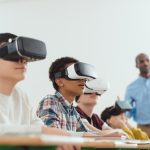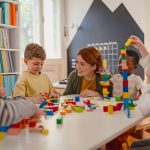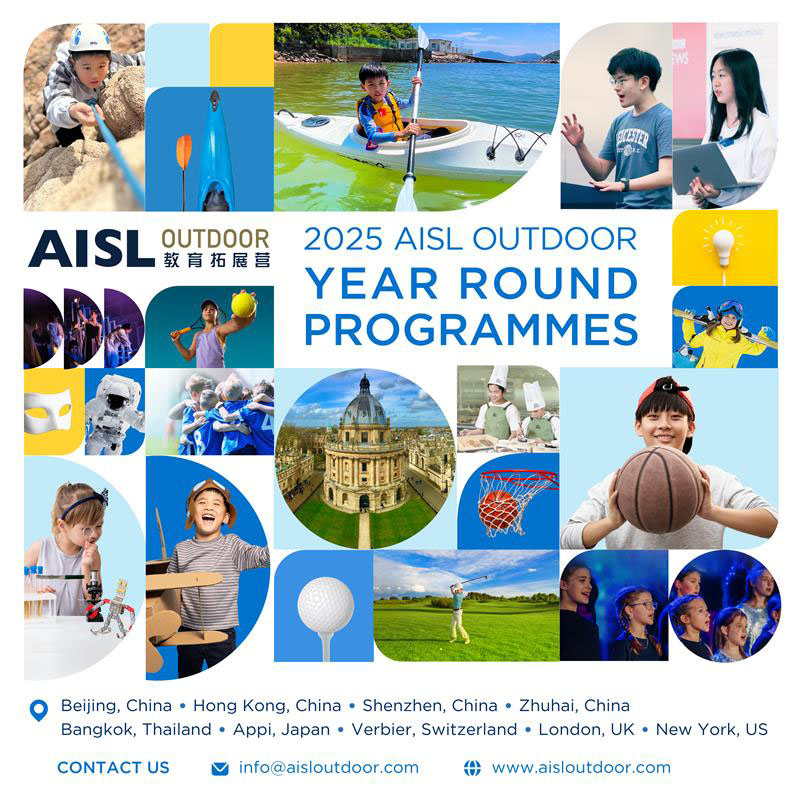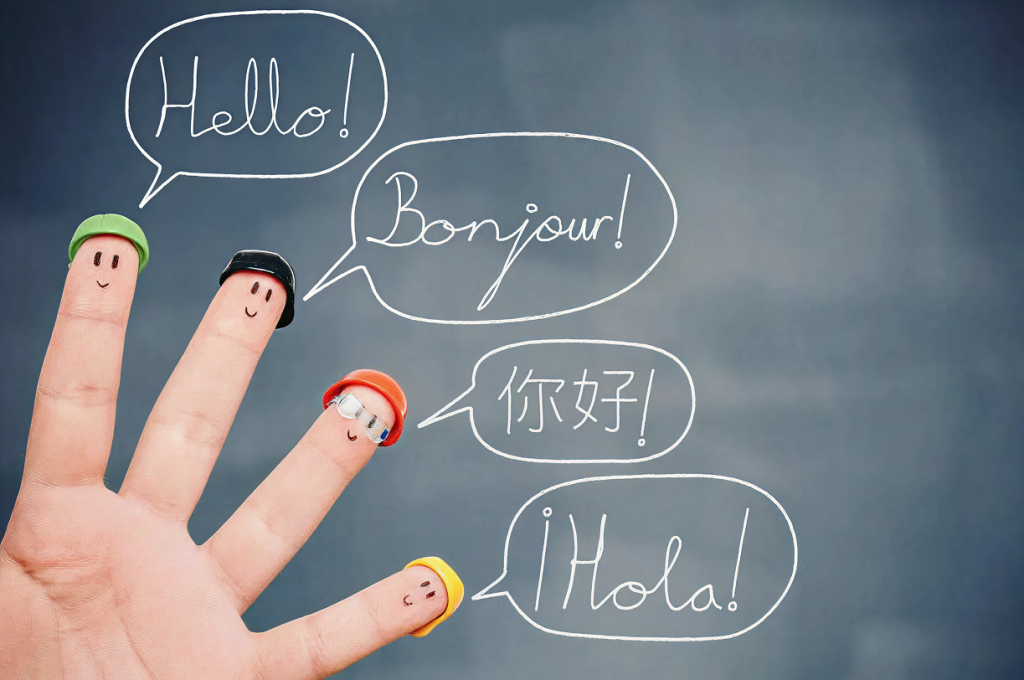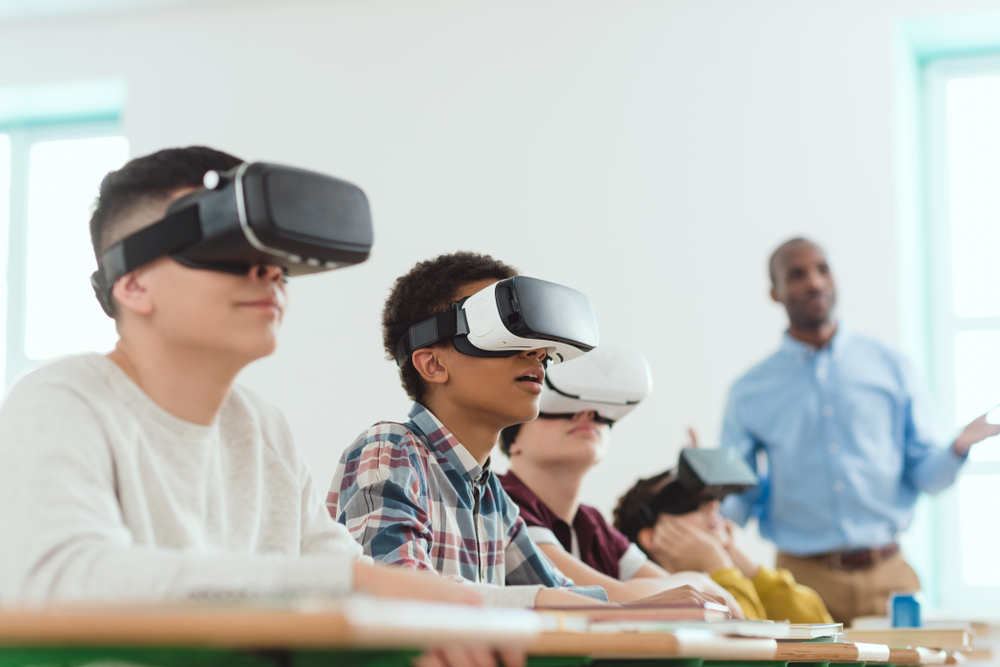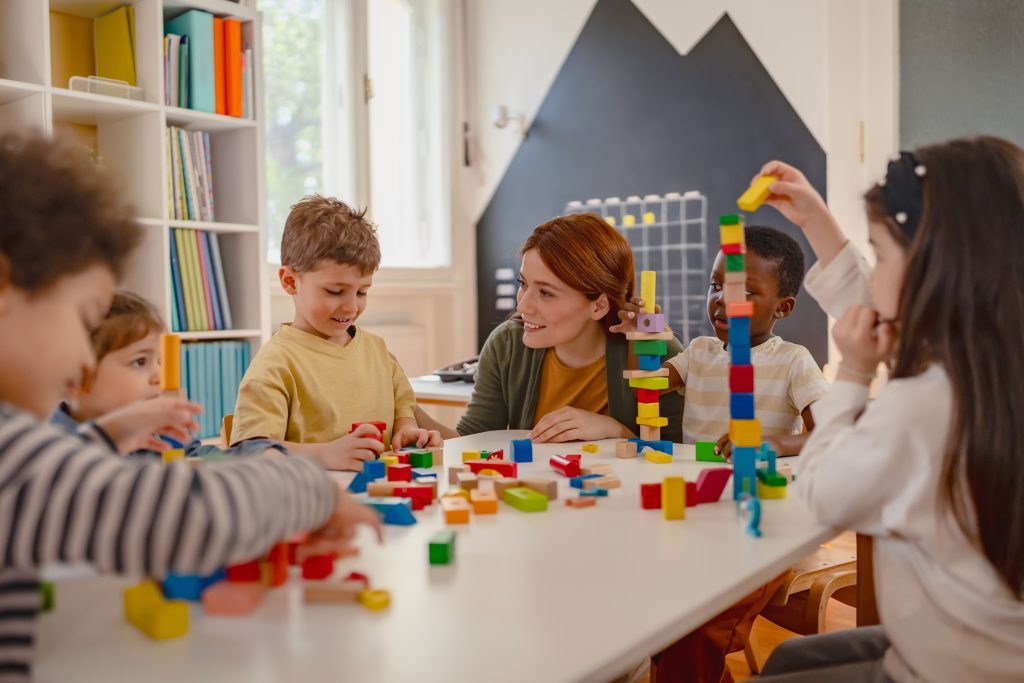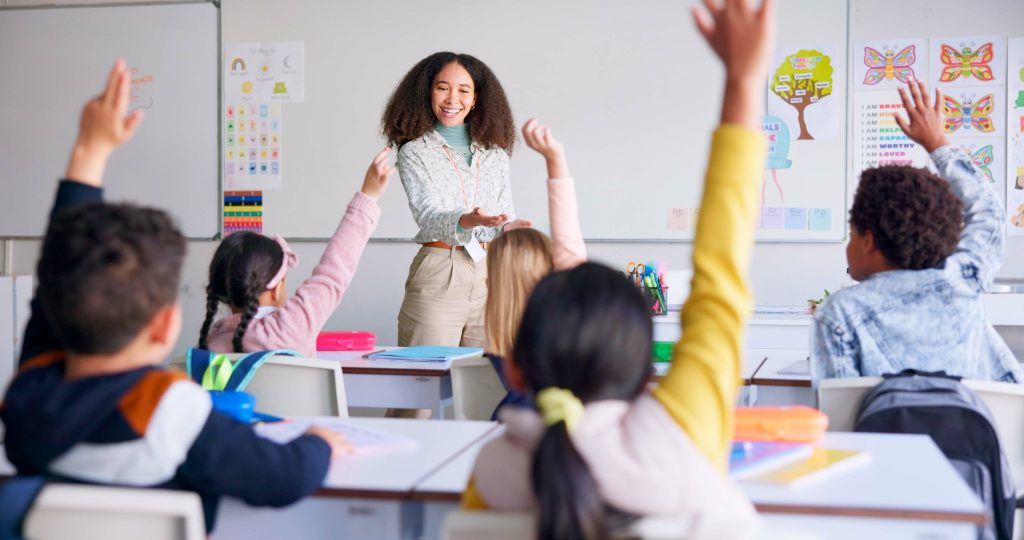In the realm of education, it is widely acknowledged that students possess unique learning styles and progress at their own pace. Recognising this diversity, personalised learning has emerged as a transformative teaching model. Unlike the traditional “one size fits all” approach prevalent in most schools, personalized learning tailors the educational experience to individual students based on their learning preferences, existing knowledge, skills, and interests.
As we look ahead to the future of education, two significant elements that will shape its transformation are personalised learning paths and curriculum planning.
Personalised Learning Paths
One crucial aspect of personalised learning is the collaboration between students and teachers in setting both short-term and long-term goals. By tailoring their educational experiences to meet their individual needs and strengths, students are empowered to achieve personal success. Teachers ensure that learning plans or project-based activities align with academic standards, regularly assessing students’ progress toward the expected skills and knowledge. This ongoing evaluation allows for timely adjustments, ensuring that students stay on track and avoid academic struggles or failures.
Creating Learner Profiles
To aid students in monitoring their progress, learner profiles are created. These profiles offer insights to teachers, students, and even parents, indicating whether adjustments to learning methods or goals are required before a student’s performance deteriorates. Personalised learning paths also enable educators to identify and address learning gaps more effectively. By continuously assessing student progress through formative assessments, educators can provide timely interventions and differentiated instruction. This targeted support ensures that students receive the necessary resources and guidance to overcome challenges and achieve mastery of essential concepts and skills.
Educators play a crucial role in designing a curriculum that accommodates flexibility, adaptability, and individualization. A well-designed curriculum should integrate core content knowledge and skills while also allowing space for student choice and exploration. Schools must continually assess students to monitor their progress toward specific goals, clearly indicating what students need to master. These goals encompass specific competencies, including skills, knowledge, and mindsets such as resilience development.
In the future classroom, the curriculum should shift its focus from mere content coverage to outlining essential competencies and desired learning outcomes. This shift emphasizes the application of knowledge, critical thinking, problem-solving, collaboration, and creativity. To facilitate personalised learning, the curriculum should offer a range of learning opportunities and resources, including project-based learning, hands-on experiences, virtual simulations, and authentic assessments. This diverse set of instructional approaches caters to various learning styles, interests, and abilities.
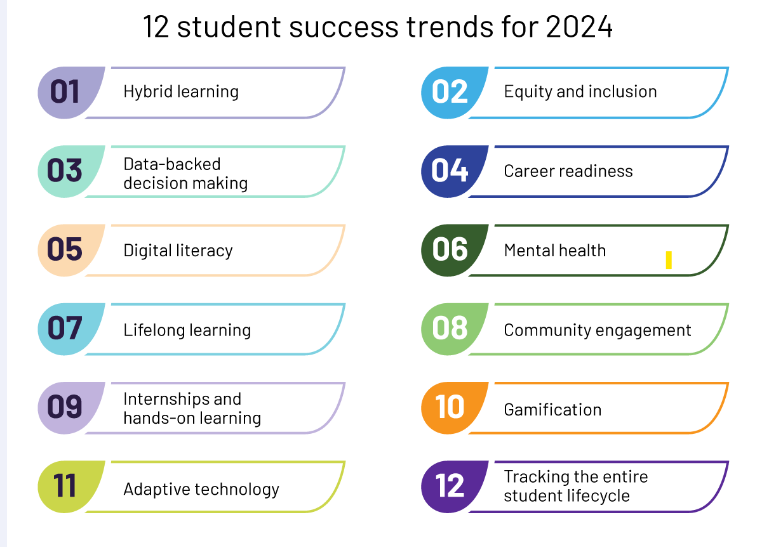
Flexible Learning Environments
Flexible learning environments are crucial for optimal student learning. This encompasses not only the physical setup of classrooms but also the structure of the school day and the allocation of teachers. Schools may explore ways to provide teachers with more time for small group instruction, enabling personalized attention and support.
The future of education holds tremendous promise, with personalized learning paths and thoughtful curriculum planning at its core. Through personalized learning paths, students are empowered to take ownership of their education and explore their passions. Thoughtful curriculum planning ensures that the curriculum remains flexible, competency-based, and fosters interdisciplinary connections.
By embracing these principles, educators can create a future classroom that cultivates engagement, maximizes student potential, and prepares students for the challenges and opportunities of the 21st century.
To support these transformative approaches, companies like BSD Education offer invaluable resources.
BSD Education has made future-readiness for students scalable, affordable, and easy to implement. They empower educators with tools to start, improve, and scale coding, technology education, and entrepreneurship programs with over 600 hours of fully resourced curricula. With instructional support enabling educators to get started with just 90 minutes of familiarization, BSD Education is a partner to administrators and a mentor to teachers, building up the ecosystem, extending capacity, and preparing students for lucrative opportunities with career-ready skills in the digital economy. Their curriculum design follows evidence-based practices and embeds four future-proof approaches: Computational Thinking, Design Thinking, Coding/Programming, and Digital Citizenship.

